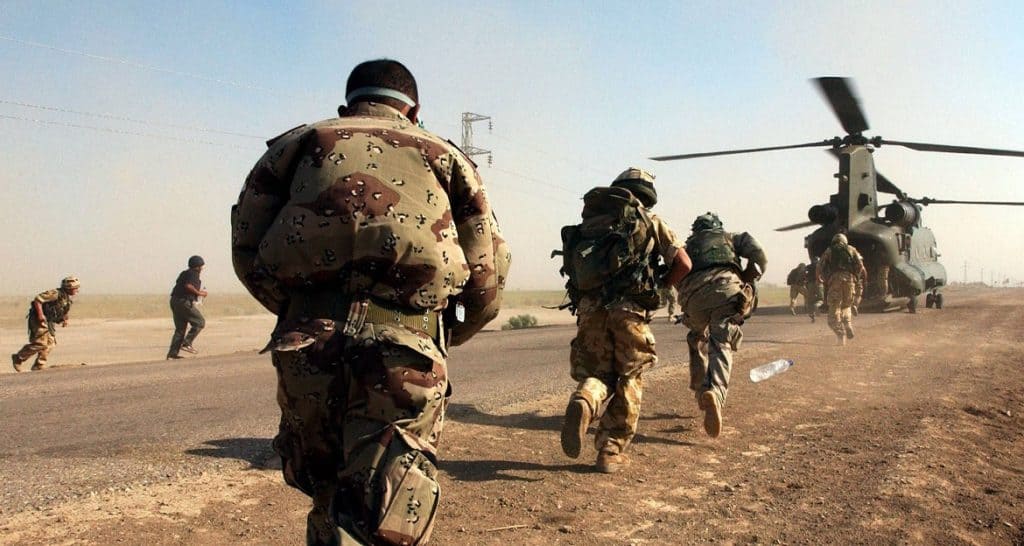By Denis Korkodinov
The UK plans to send new army units to Mali to ensure stability as part of the UN mission. Based on the fact that in 2019 the British Parliament had already approved the sending of Ch-47 military helicopters to Mali, the deployment of an additional contingent of troops could be a preparatory measure to prevent further tension.
In order to determine the most likely goals for Britain, a brief history of the military conflict in Mali should be described. So, the Malian crisis began in 2012, when a group of Tuareg militants entered into an alliance with al-Qaeda and seized the government in Timbuktu. Subsequently, they organized attacks on religious institutions and massacres of local residents in northern Mali. This provoked surgical intervention from the UN and, above all, France, which attempted to attack the armed Tuareg detachments in the vicinity of the city of Mopti.
The conflict has become protracted. The actions of France were reduced to trying to reduce the number of military clashes between the Tuareg and the government. However, French politics in Mali did not lead to positive results. Because of this, the need arose for the organization of a UN mission. However, the mission’s main problem was that the peacekeeping contingent was made up of troops from Chad, Burkino Faso and Senegal, who were very reluctant to oppose al-Qaeda militants.
This led to a series of military defeats. In 2012, in particular, the farmers of the city of Fulani were disappointed with the low level of military training of government forces and the peacekeeping contingent. This was the main reason why these farmers decided to join al-Qaeda in order to protect their pastures. Moreover, the overthrow of the Jamahiriya regime in Libya and the intensification of the Boko Haram movement in Nigeria served as fertile ground for the emergence of new Islamic groups, which greatly strengthened the position of al-Qaeda in Mali.
Thus, government forces and the peacekeeping contingent were unable to counter the terrorist threat. Almost every day, Mali attacked UN staff. Only from 2015 to 2020 in Mali, according to official figures, 208 UN mission personnel were killed. The killings were usually committed by Islamists as an act of jihad, and the videos of the killings were actively distributed on the Internet.
As a result, the credibility of the international peacekeeping group in Mali has been completely undermined. The local population does not consider the UN mission as a guarantor of security and stability. As a consequence, it is expected that the deployment of the British military contingent is unlikely to change anything. In addition, the 250 British troops who will be deployed to Mali in the near future are likely to be under pressure from a multi-thousand-strong terrorist group that is armed not only with light firearms, but also with heavy artillery, tanks and unmanned aerial vehicles.
However, British diplomacy is likely to provide a good basis for normalizing the dialogue between the Tuareg and the government of Mali. If this happens, we can hope to ensure a ceasefire at least for the COVID-19 pandemic.
Among other things, the Great Britain intends to strengthen its military presence in Mali by attracting military personnel from Kenya, Ethiopia and Malawi, who are already actively proving themselves in patrolling the Malian cities and are holding meetings with leaders of local tribal unions, intending to attract them to their side. For this reason, British aid could make significant adjustments to the confrontation with al-Qaeda militants in Mali, which could lead to a temporary ceasefire.
(The opinions expressed in this article are solely those of the author and do not necessarily reflect the views of World Geostrategic Insights)







